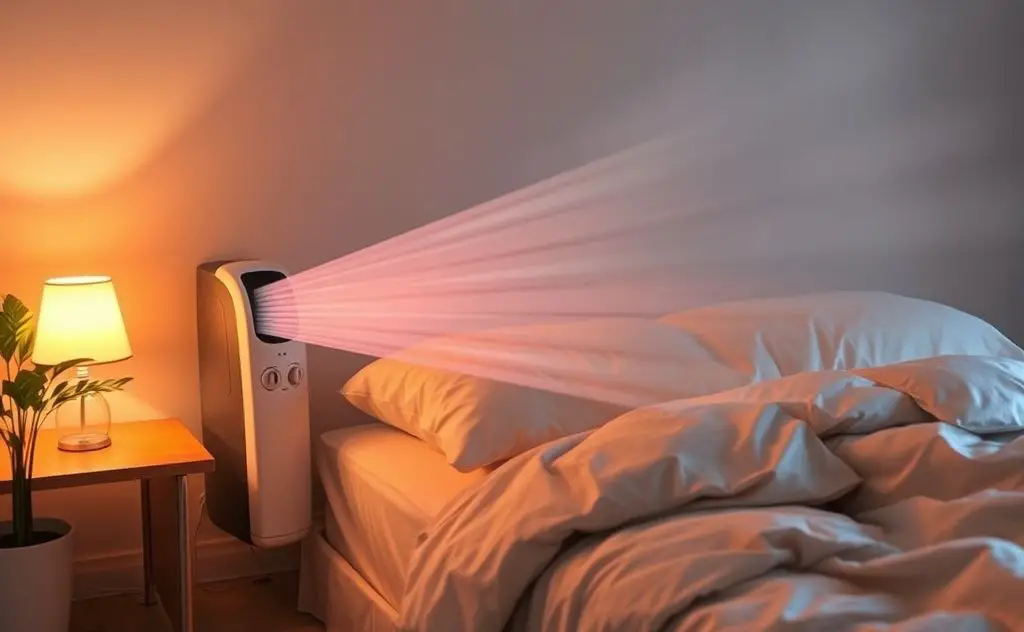Different electric heater types, like convection or infrared, can impact sleep quality by affecting room temperature, humidity, and air circulation during the night.
Electric heaters can make or break your sleep quality. The type you choose affects noise levels, air dryness, and even body temperature regulation during sleep. Understanding these impacts helps you select the best heater for restful nights.

Noise Levels: The Silent Sleep Killer
Electric heaters vary dramatically in noise output. Fan-forced models create constant airflow sounds, while radiant heaters operate silently.
Fan-Forced Heaters
These popular models push warm air through a fan. The humming sound can disrupt light sleepers. Studies show even low-level noise increases nighttime awakenings.
Radiant Heaters
Infrared and oil-filled radiators provide quiet operation. They warm objects directly without fans. This makes them ideal for bedrooms. Wood-stove style electric heaters often use radiant technology.
Ceramic Heaters
These offer a middle ground. Some models have fans, while others rely on natural convection. Look for “fan-only” modes if you need quiet operation.

Air Quality and Humidity
Heaters significantly impact bedroom air quality. Dry air causes throat irritation and worsens snoring.
| Heater Type | Humidity Impact | Air Quality |
|---|---|---|
| Convection | Dries air quickly | Can circulate dust |
| Radiant | Minimal drying | No air movement |
| Oil-Filled | Moderate drying | Stable air |
Research from Indoor Air journal shows proper ventilation improves sleep quality by 30%. Consider pairing heaters with humidifiers or smart controls to maintain ideal conditions.
Temperature Regulation
Body temperature naturally drops during sleep. The right heater maintains this cycle without overheating.
Zone Heating
Smaller radiant heaters allow localized warmth. This prevents whole-room overheating that disrupts sleep cycles.
Programmable Thermostats
Models with timers can lower temperatures after you fall asleep. The body sleeps best in slightly cooler environments.
Overheating Risks
Studies link excessive bedroom heat to frequent awakenings. Ideal sleep temperatures range between 60-67°F (15-19°C).
Electromagnetic Fields (EMFs)
Some worry about EMF exposure from electric heaters. While all electronics emit some EMFs:
- Radiant heaters produce minimal EMFs
- Oil-filled radiators have almost none
- Fan heaters emit slightly more due to motors
Place heaters at least 3 feet from your bed if concerned. The static buildup some notice comes from dry air, not radiation.
Safety Considerations
Safe operation ensures uninterrupted sleep:
- Choose models with tip-over protection
- Look for cool-touch exteriors
- Ensure proper ventilation
- Keep away from bedding
Proper heater selection creates the ideal sleep environment. Prioritize quiet operation, stable humidity, and precise temperature control for restful nights.
